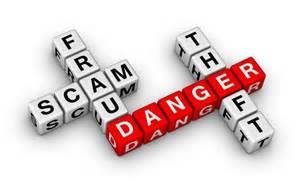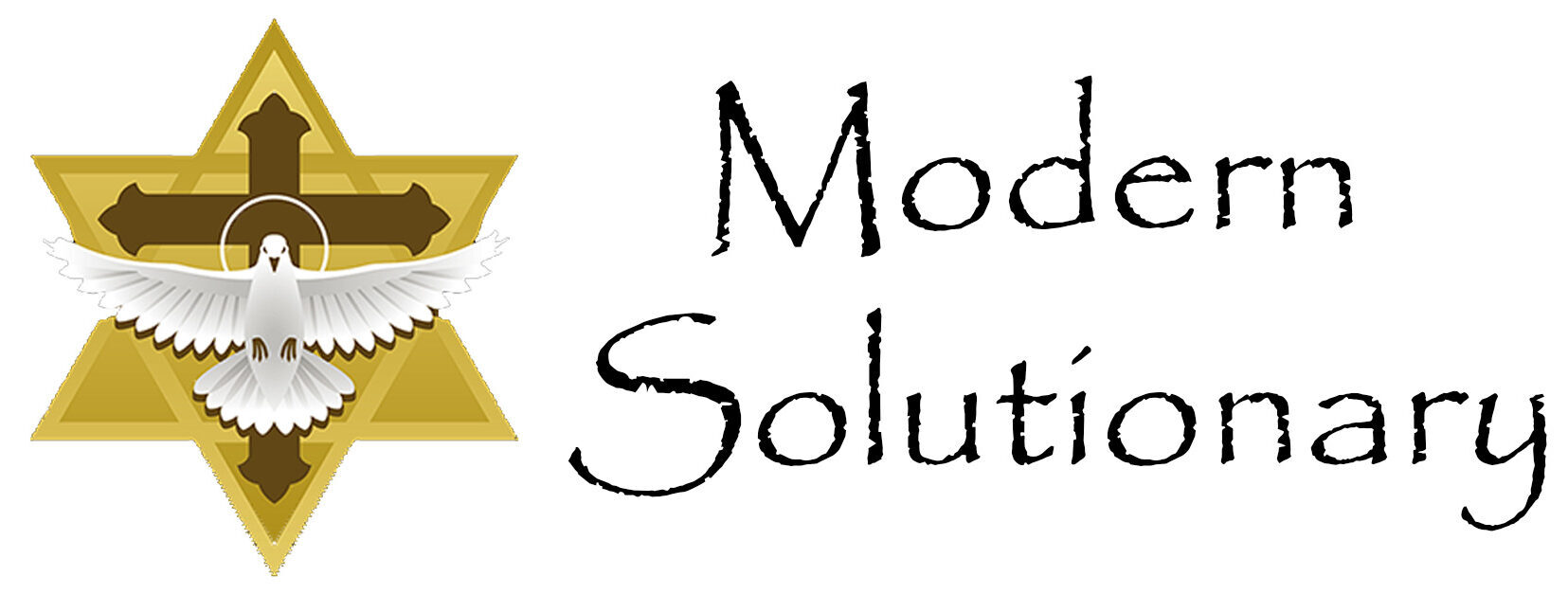 America is and has remained for over 200 years the “Land of Opportunity”. Thanks in large part to the three cornerstones of our society; our capitalistic economy, our republic form of government, and our religious acceptance. Even with this moniker and our systems being firmly in place to benefit all citizens, we still have people who work tirelessly to disrupt the bedrock of our existence, in most cases not out of spite or malice; instead out of unrealistic compassion or ignorant authority. Add into this mix a very small percentage of people who spend their days in occupations or activities viewed as illegal and you begin to form the basis of this discussion.
America is and has remained for over 200 years the “Land of Opportunity”. Thanks in large part to the three cornerstones of our society; our capitalistic economy, our republic form of government, and our religious acceptance. Even with this moniker and our systems being firmly in place to benefit all citizens, we still have people who work tirelessly to disrupt the bedrock of our existence, in most cases not out of spite or malice; instead out of unrealistic compassion or ignorant authority. Add into this mix a very small percentage of people who spend their days in occupations or activities viewed as illegal and you begin to form the basis of this discussion.
It is primarily due to the misguided or miscreants that we have reached the points of rampant litigiousness and corporate regulatory over-site. We draft regulations and pass laws to protect the weakest and the less fortunate but through our extreme compassion or blatant zealousness we sometimes forget that our systems must be allowed to work. For even when the systems do work the way they are intended, sometimes, bad things will happen to good people and no amount of regulation or laws will prevent such events.
At the heart of this capitalistic system is the notion that the market will weed out the bad, dishonest people, the weak or corrupt businesses or the unwanted, poorly made products or services and elevate the ones that the consumers desire and benefit the most from. As a personal beneficiary of the system I, for one, have full faith in the way that capitalism works as part of the free market system. Even though, I personally have suffered at the hands of illegal or unethical manipulations of others; I never once recall turning to our legislatures to create another law or bureaucratic body in an attempt to seek restitution for what I considered my own poor decisions. Instead, I learned from “my” mistake and moved on.
The way I see it, when we as a society, try to legislate or even monitor against every possible ill-conceived action or suspected unethical grievance we start to breakdown the very systems that make our country great; we create a society dependent on government, and we foster a culture of legalize theft.
What is legalized theft?
It is the legal process of collecting bureaucratic fees, penalties, fines and increased cost of doing business just to satisfy the bureaucratic machine spewing the myth of undue safety and protection.
Take as an example, the financial industry which is one of the highest regulated industries in the country. Today, a financial institution is regulated by the following national bodies:
- Securities & Exchange Commission (SEC)
- Commodity Futures Trading Commission (CFTC)
- Federal Reserve System (“Fed”)
- Federal Deposit Insurance Corporation (FDIC)
- Financial Crimes Enforcement Network (FinCEN)
- Financial Industry Regulatory Authority (FINRA)
- Office of the Comptroller of the Currency (OCC)
- National Credit Union Administration (NCUA)
- Consumer Financial Protection Bureau (CFPB)
- National Association of Insurance Commissioners (NAIC)
- National Futures Association (NFA)
- Department of Labor (DOL)
- Internal Revenue System (IRS)
In no way do I believe I got them all. I am sure there are a few new ones that I missed. In addition, if the entity has banking or insurance responsibilities, each state that they operate in has its own authorities which could include but are not limited to:
- Consumer Protection Offices
- State Consumer Protection Offices
- Banking Authorities
- Insurance Regulators
- Security Administrators
- Utility Commissions
Just for a minute, let’s assume that each of these departments or bureaus was established for a very good reason. Let’s also assume that each believe they do critical work to protect their consumer’s piece of the pie.
My question is: “For each fee, penalty, fine, or at the very least, dollar of increased cost of doing business; whom do you think pays for that increased cost?”
If you answered the consumer, you are correct. You do not have to look much further to find out why we cannot make our financial ends meet.
I’m sure it would shock you to know what the operating budget would be for each of these entities. If you are a small business owner, think of the money it takes to run your business. Look again at the list above; do you think it should take all of these “businesses” to protect less than five percent of the population who may, and I stress may, fall between the cracks of our more than ample multitude of existing judicial laws established by our legislatures.
That’s right; these bureaucracies cannot establish laws; only our legislatures can do that. These extra business expenses associated with fees, filing fines and penalties are applied to all businesses just to protect the less than five percent that may need these regulations. These burdensome expenses are not just levied on those who do something wrong, the innocent and well-meaning bare this burden as well. As my mom use to say to her eight kids, “Yes, the good have to suffer for the bad when we cannot tell which is which”. The problem in this scenario is we have ways to punish only the bad, it is called the judicial penalties which are only charged once negligence or wrong doings are proved.
Do not get me wrong, I am not against over-site or consumer protection. I only question, “When is enough, enough?” I believe we are getting silly about the whole thing. When our good businesses cannot afford to operate because of our system of Legalized Theft, we have a problem. We allow our government to “steal” hardworking people’s money in the form the fees, fines, penalties and the undue cost of doing business. The truth be known, bad people are still getting around these systems. However, the good business owners and the consumers are taking the bulk of the punishment.
What is the solution? We already know the solution but no one wants to admit it and no politician or bureaucrat wants to lose their job by acknowledging it. We must allow our laws to work and establish very reasonable oversite with the understanding that bad people will still get through the crack. When they do we punish them harshly. When they did not break the law but used unethical practices, we make sure all your neighbors know it so they are not able to prey on the uninformed. As consumers we have to make wiser decisions, understanding that when we don’t we will bare most of the responsibility. If you can prove someone hurt you by breaking a law; seek punishment but if no law was broken, learn from your mistake, tell others what you learned, and move on.
Anthony “Tony” Boquet, author of “The Bloodline of Wisdom, The Awakening of a Modern Solutionary”
Tony is dedicated to helping to promote ethical and moral decision making as a way to better societal values.

well said..
Thanks Thacher! I appreciate your reply.